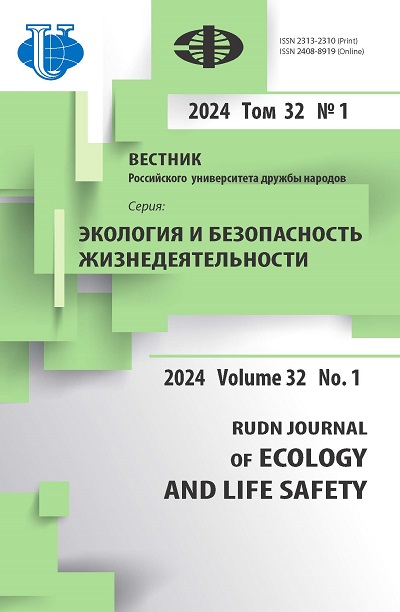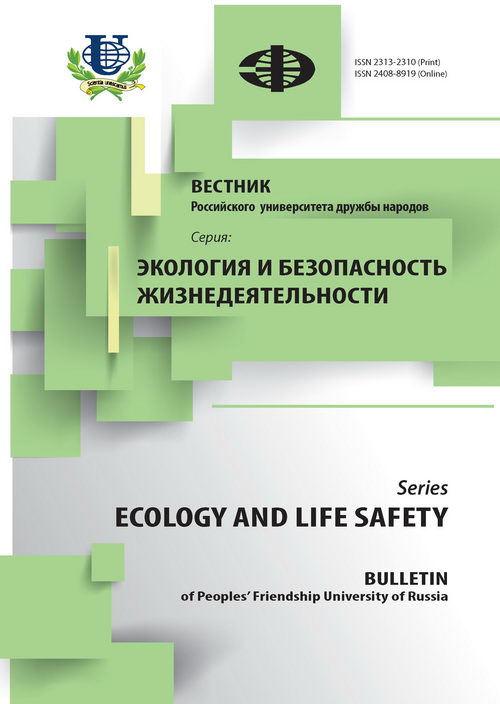Palaeoecology of the Moskva-river floodplain: soil, pollen and archaeological records
- Authors: Alexandrovskiy AL1, Ershova EG2, Krenke NA3
-
Affiliations:
- Institute of Geography, RAS
- Lomonosov Moscow State University
- Institute of Archaeology, RAS
- Issue: No 3 (2014)
- Pages: 62-76
- Section: Articles
- URL: https://journals.rudn.ru/ecology/article/view/12558
Cite item
Full Text
Abstract
Floodplain deposits in the valley of the Moskva-river contain a series of buried soils of the Holocene age, which can be an important source of palaeoecological information. These soils are aged: Soil 1 - last 4 centuries, Soil 2 - cal 1200 AD-500 BC, Soil 3 - 900-2700 BC, Soil 4 - 3500-5000 BC. Archaeological monuments attributed to these soils are dated: Neolithic (Soil 4), Early Bronze Age (Soil 3), the Iron Age and the Middle Ages (Soil 2). Buried soils have well developed profiles and diagnostic features. Buried soils of the Sub-Atlantic period (Soil 2) are usually referred to Luvisols and Albeluvisols. Dark-colored soils of the Atlantic period (Soil 4) in most cases refer to Phaeozems; pollen analysis shows that these soils were formed under forest-steppe communities. Buried soils of Subboreal period (Soil 3) are traced in rare cases and have no clear diagnostic features; pollen analysis shows that this soil could be developed under mixed forests dominated by spruce. Radiocarbon dating suggests that the landscapes of the lower levels of the valley have changed dramatically between 5000 and 4500 cal BP. The forest-steppe communities, typical for the Atlantic period, were replaced by dense spruce forests due to early Subboreal climate change. Some traces of human impact on the floodplain vegetation from the Neolithic and Bronze Age were revealed. The maximum anthropological transformation was noted in the beginning of Middle Ages.
About the authors
A L Alexandrovskiy
Institute of Geography, RAS
Email: alexandrovskiy@mail.ru
E G Ershova
Lomonosov Moscow State University
Email: eershova@rambler.ru
N A Krenke
Institute of Archaeology, RAS
Email: nkrenke@mail.ru
References
















